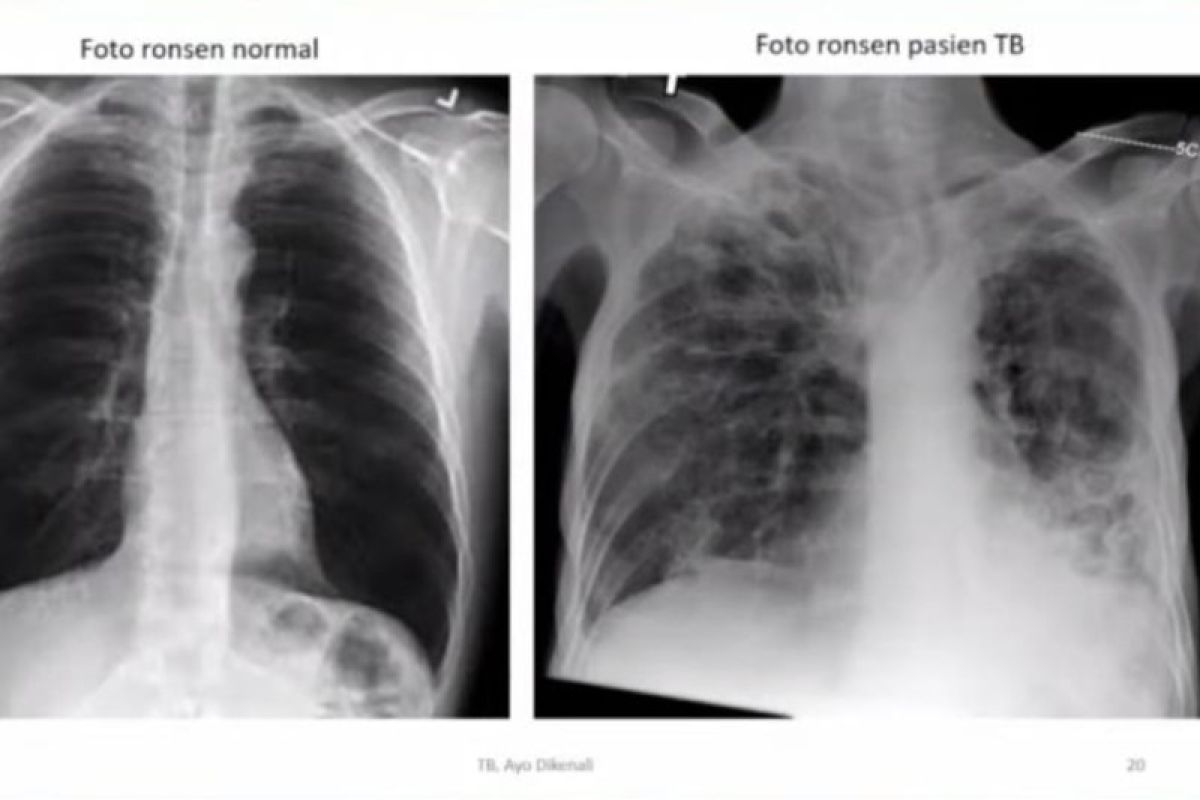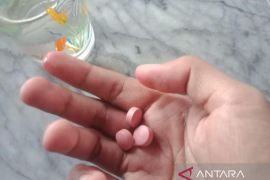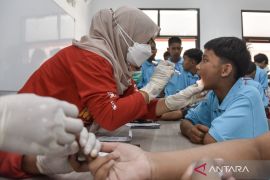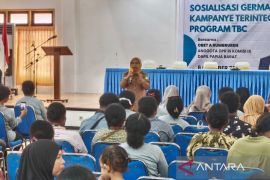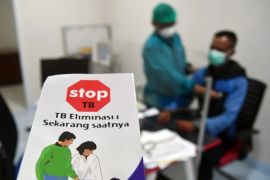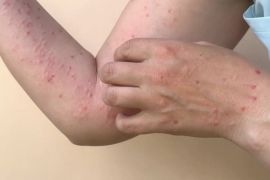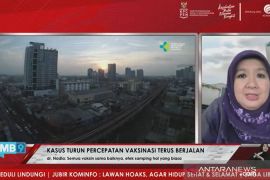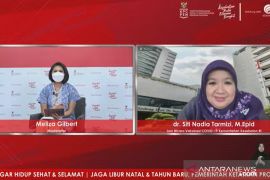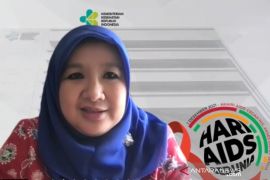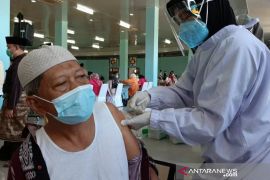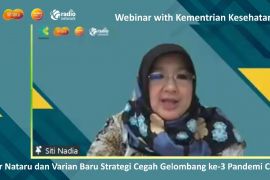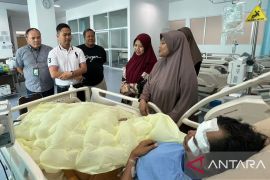"If we can detect TB earlier, we hope at least 90 to 95 percent of the transmission can be stopped," the ministry's head of the communication and public service bureau, Siti Nadia Tarmizi, noted in Jakarta, Tuesday.
Tarmizi pointed to the still relatively high number of TB cases in Indonesia, with an average case finding rate of around 443,235 in 2021 and increased to 717,941 cases in 2022. Temporary data for 2023 also showed that 118,438 cases were found.
This figure puts Indonesia in the second place, with the most TB cases in the world based on data from the 2022 Global TB Report (GTR), she remarked.
In particular, TB cases in children have also experienced a significant increase, from 42,187 cases in 2021 to 100,726 cases in 2022 and 18,144 cases until March 2023, Tarmizi remarked.
“We also provide TB treatment for children, who have had contact with patients. We are also conducting active screening at homes to look for people with cough symptoms and then carrying out examinations. We do not wait for people to come to the community health center (puskesmas),” she stated.
Related news: Govt builds cross-sectoral collaboration to eliminate TB by 2030
According to Tarmizi, the ministry has also deployed cadres to health workers at the puskesmas level to help TB patients reach their homes.
Tarmizi said that TB cases in Indonesia were already a serious problem before the COVID-19 pandemic hit.
"Then during COVID-19, we admitted that we were more focused on handling the pandemic. However, after the condition is getting better, we hope we can focus on TB handling," she remarked.
During the 2023 COVID-19 Handling Award on Monday, President Joko Widodo reminded the public and all stakeholders to be aware of TB cases.
He advised that efforts to tackle several diseases and big agendas in Indonesia must be handled through the mutual cooperation method, akin to the approach followed by the country to handle COVID-19.
"For example, (handling) tuberculosis, (reducing) stunting, increasing food production, and reducing the poverty rate. We must work hard to solve those problems just like we did with COVID-19," he stated.
Related news: Minister asks labor stakeholders to help eradicate TB in workplace
Related news: Greater likelihood of acutely symptomatic TB among younger children
Translator: Andi Firdaus, Resinta S
Editor: Yuni Arisandy Sinaga
Copyright © ANTARA 2023
